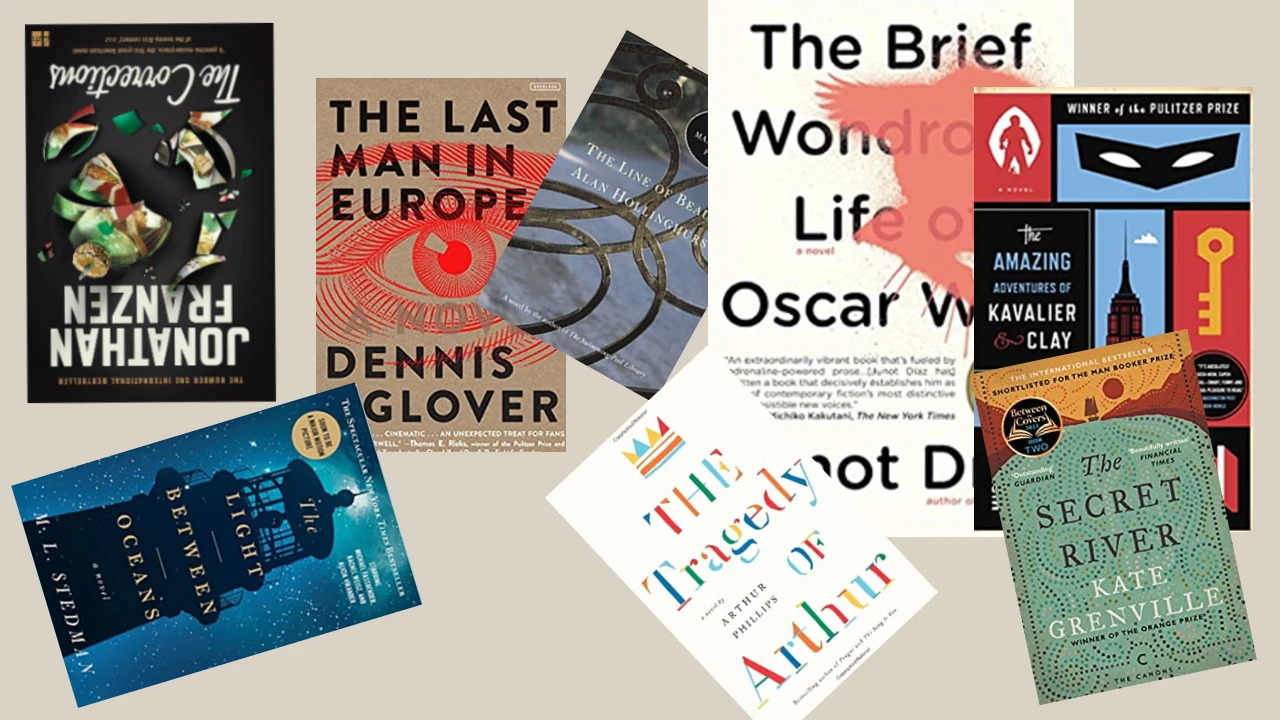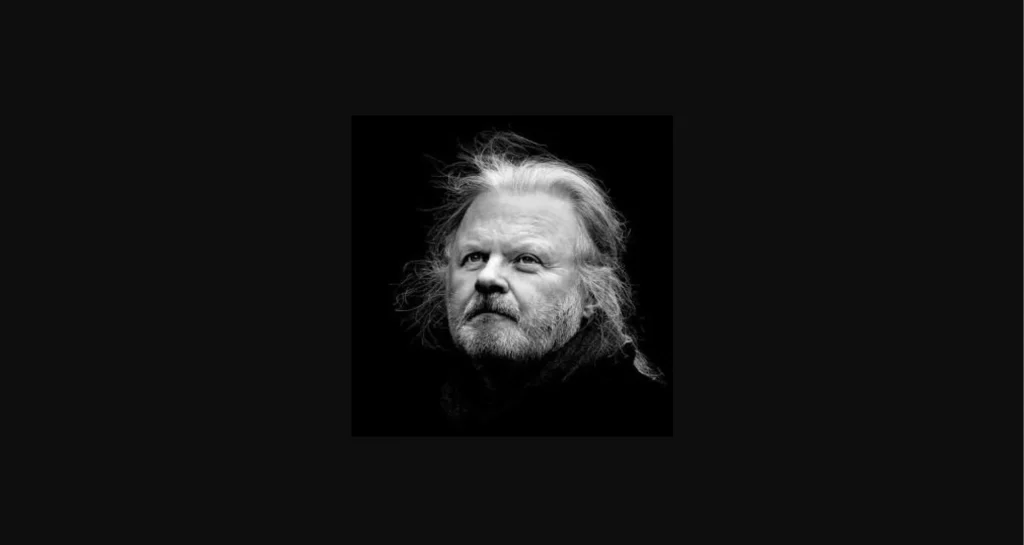
Newsletter Subscribe
Enter your email address below and subscribe to our newsletter

Enter your email address below and subscribe to our newsletter

This content may contain affiliate links. When you buy through these links, we may earn an affiliate commission.
The Norwegian writer and one of my favorites Jon Fosse has won the 2023 Nobel Prize in Literature “for his innovative plays and prose which give voice to the unsayable.”
Among many of Fosse’s works, I especially love his A New Name: Septology VI-VII and recommed this hypnotic prose to readers over the world.
Jon Fosse is a Norwegian author and playwright, born on September 29, 1959, in Haugesund, Norway. He grew up in a working-class family and began his writing career as a poet. Jon Fosse is now considered one of Norway’s most important contemporary writers, with a prolific output of novels, poetry collections, and plays.
In 1983, Jon Fosse published his first book of poetry titled “Raudt, svart og” (Red, Black and), which established him as a promising new voice in Norwegian literature. Over the next few years, he continued to publish poetry collections, while also working on his first novel, “Raudt, svart” (Red, Black), which was published in 1987.
Jon Fosse’s breakthrough as a playwright came in 1994 with the premiere of his play “Andvake” (Wakefulness), which was the first part of his “Natt-trilogi” (Night Trilogy). The trilogy was completed with “Olavs draumar” (Olav’s Dreams) in 1995 and “Kveldsvævd” (Twilight) in 1996 and it makes a powerful exploration of the human condition, existentialism, and the mysteries of the unconscious mind.
In “Wakefulness,” we are introduced to the character of Asle, a painter who is struggling with his own identity and sense of purpose in life. Through a series of dreams and conversations with his friend, Asle begins to question his own existence and the meaning of life.
In “Olav’s Dreams,” the focus shifts to Olav, a young man who is haunted by his dreams and visions. Olav’s dreams take him on a journey through his past and present, as he tries to come to terms with his own identity and the choices he has made in life.
Finally, in “Twilight,” we follow the story of a couple, Maria and Johannes, as they struggle to come to terms with their own mortality and the meaning of life. Through a series of conversations and dreams, the couple explores the mysteries of the unconscious mind and the power of human connection.
Throughout the “Night Trilogy,” Fosse employs sparse and poetic language that captures the inner workings of the human psyche. His characters are complex and multifaceted, grappling with their own fears, doubts, and desires. The “Night Trilogy” is a masterpiece of contemporary theatre and one that has had a significant impact on the world of literature and theatre. The trilogy has been translated into numerous languages.
In addition to his “Natt-trilogi,” Jon Fosse has written numerous other plays, including “Eg er vinden” (I Am the Wind), “Svevn” (Sleep), and “Nokon kjem til å komme” (Someone Will Arrive). His plays often deal with themes of identity, existentialism, and the human condition. Jon Fosse has won numerous awards for his plays, including the International Ibsen Award in 2010, which is considered one of the most prestigious awards in theatre.
Jon Fosse’s novels, which include “Melancholia I” and “Melancholia II,” have also received critical acclaim and have been translated into several languages.
Fosse has also been involved in theatre and film productions, serving as a director and screenwriter. He is translating works from English and German into Norwegian.
Fosse is today regarded as one of Norway’s most prominent literary figures and has had a significant impact on contemporary Scandinavian literature and theatre. His work has been translated into more than forty languages, and he continues to write and publish works of fiction, poetry, and plays from his home in Bergen, Norway.